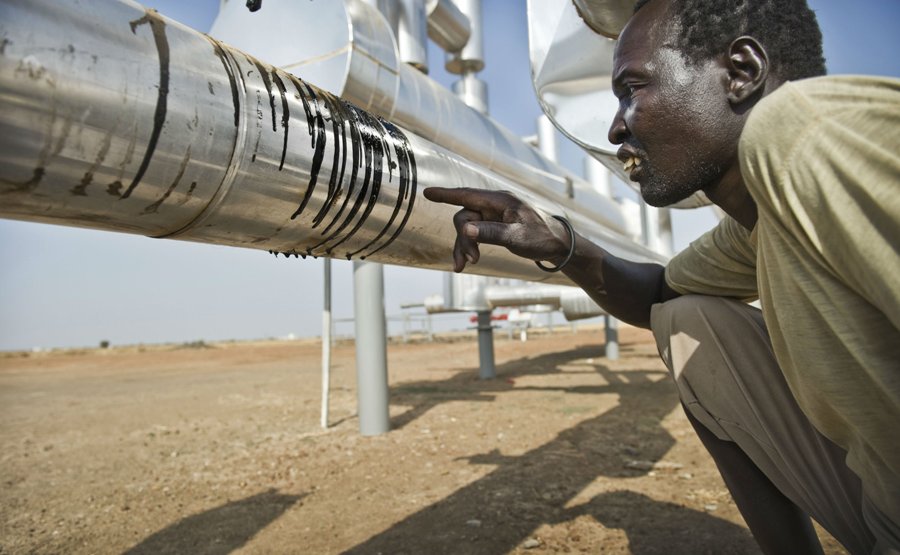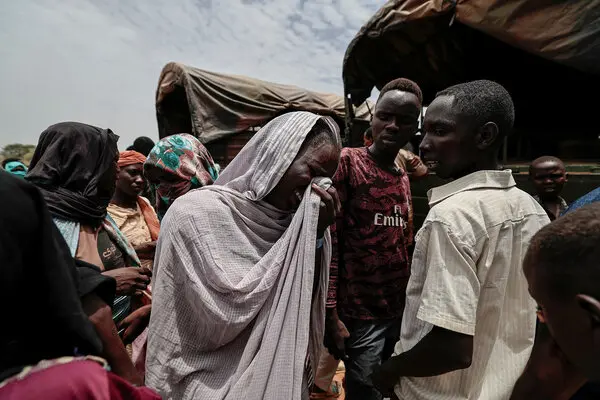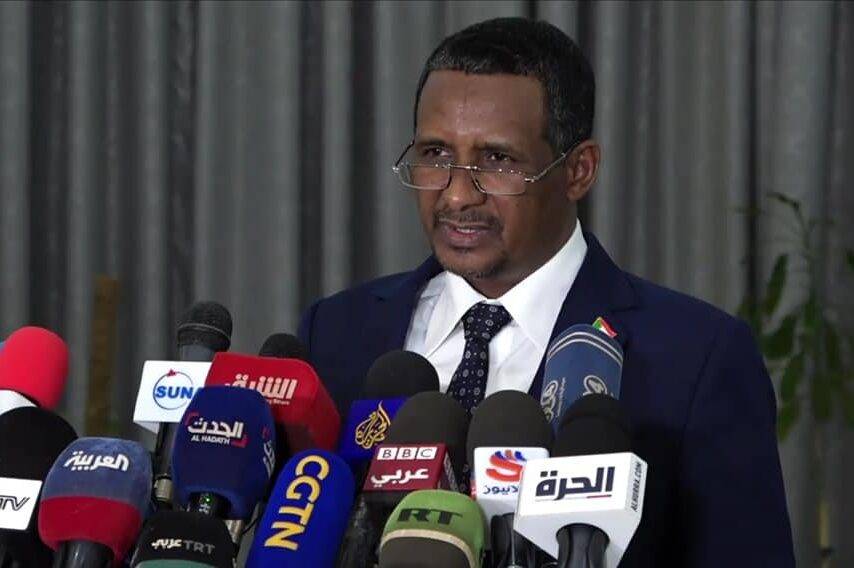
A Dubai-based firm has inked a deal to provide South Sudan’s government with a substantial $12 billion loan, with repayment structured around oil resources, as disclosed in documents obtained by media and an unreleased U.N. report.
The agreement marks a significant milestone, potentially adding strain to the nation’s already tight public finances.
According to a report authored by a U.N. panel of investigators for members of the Security Council, this loan constitutes the largest oil-backed borrowing ever undertaken by South Sudan, a country with a GDP hovering around $7 billion.
The U.N. report, slated for imminent publication, sheds light on the terms of the deal, signed on December 28 by South Sudan’s former finance minister, Bak Barnaba, and Hamad Bin Khalifa Al Nahyan, the chairman of the Hamad Bin Khalifa Department of Projects (HBKDOP), as detailed in the term sheet reviewed by Reuters.
However, the current status of the loan’s disbursement remains uncertain, with no confirmation on whether the initial tranche of $5.24 billion has been delivered.
Bloomberg News initially brought attention to the U.N. report’s findings.
Michael Makuei, South Sudan’s Minister of Information, rebuffed claims of such an agreement, questioning the plausibility of a single minister executing such a pact on behalf of the government. He offered no further comment upon being presented with a copy of the signed term sheet.
Efforts to reach HBKDOP for clarification proved fruitless, with neither contact information nor response from Al Nahyan, the chairman, forthcoming. Similarly, attempts to contact Barnaba, the former finance minister, who was replaced in March without explanation, were unsuccessful, with a ministry spokesperson citing his absence from the country.
Under the terms outlined in the term sheet, South Sudan will receive the loan amount in either dollars or euros, with crude oil supplied at a discounted rate of $10 per barrel less than international benchmarks serving as collateral.
The country’s daily oil production stands at approximately 150,000 barrels.
The allocated funds are earmarked primarily for infrastructure projects, securing 70% of the total, while the remaining 30% is designated for bolstering the country’s working capital.
However, concerns loom over the ramifications of servicing the loan, which are anticipated to absorb a substantial portion of South Sudan’s oil revenues, accounting for over 90% of public earnings, for the foreseeable future.
The use of resource-backed loans, while common among mineral- and oil-rich African nations grappling with financing hurdles, has drawn criticism from international bodies for their opacity and associated risks. Akinwumi Adesina, President of the African Development Bank, recently highlighted how such arrangements complicate efforts to mitigate debt levels across the continent.
South Sudan’s history of reliance on oil-backed borrowing extends back to its independence from Sudan in 2011, amidst ongoing internal conflict. Notably, the nation is embroiled in a dispute with the Qatar National Bank over a 2012 loan, which ballooned to over $600 million due to failure to supply agreed-upon crude oil.
Acknowledging the pervasiveness of corruption within its ranks, South Sudan’s government has openly admitted to the misappropriation of significant public funds, with President Salva Kiir citing an estimated $4 billion embezzlement by officials in 2012.
Despite these admissions, the U.N. investigators underscore that corruption remains rampant, with non-transparent off-budget government transactions diverting substantial public funds away from essential services and salaries.




